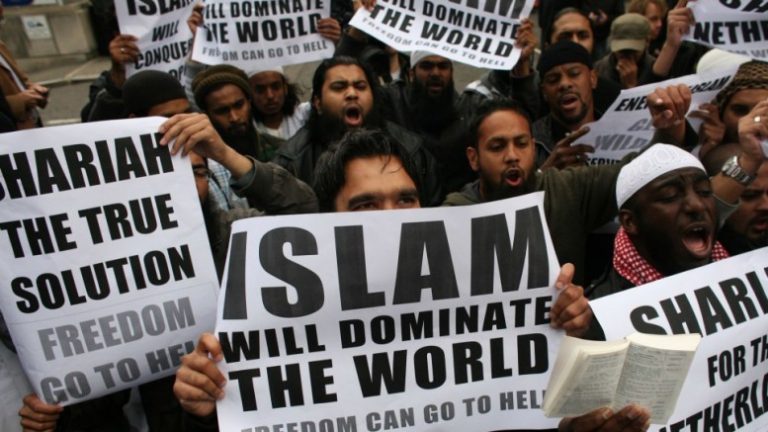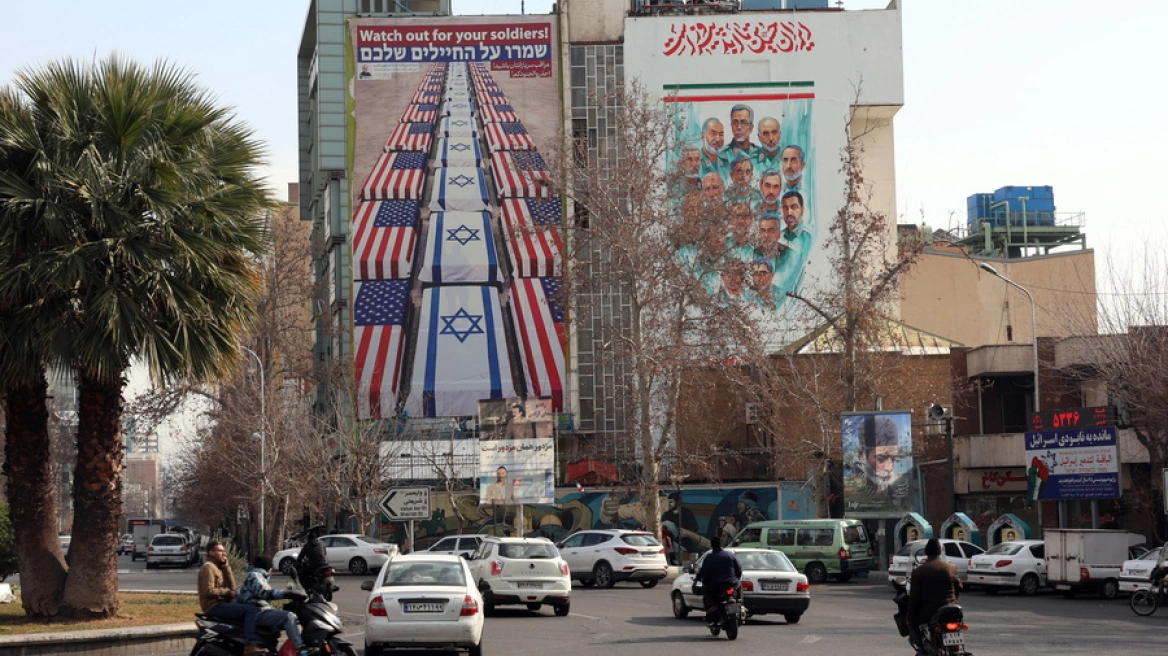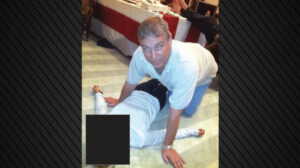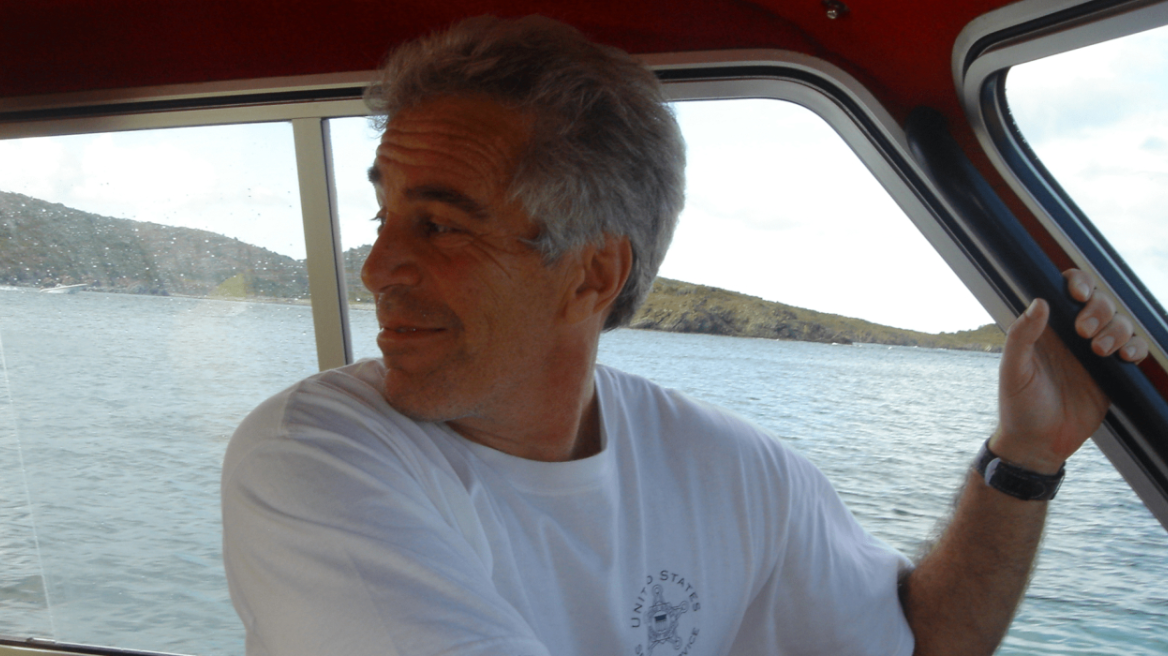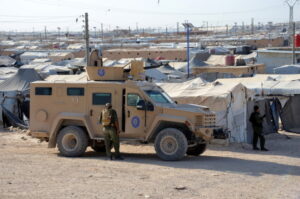January 1. Four teenage migrants — three Afghans and one Iranian — assaulted more than a dozen passersby in Amberg. Twelve people between the ages of 13 and 42 were injured in the attacks; a 17-year-old was hospitalized for a head injury. Bavarian Interior Minister Joachim Herrmann said the four perpetrators cannot be deported for legal reasons:
“Anyone who indiscriminately beats uninvolved passersby shows that he is not seeking protection in our society. The drunken perpetrators can expect no understanding in our country, but only the full hardness of the rule of law. Currently, deportation is not legally possible in any case. We are working hard to change that.”
January 2. Chief Prosecutor Claudia Vanoni, in an interview with Berliner Zeitung, said that anti-Semitic attacks are becoming commonplace in Berlin: “I have the impression that anti-Semitism is becoming louder, more open and aggressive.” She blamed most of the anti-Semitic attacks on “right-wing offenders.” When asked about anti-Semitism from Muslims, she said: “I hear more often in conversations with Jewish organizations that Jews view anti-Semitism among Muslims as an ever-greater problem in Germany. Statistically, one cannot prove that clearly.” When asked if she was in contact with Muslim organizations, she replied: “Not yet.”
January 3. A 22-year-old Libyan failed asylum seeker named Mohamed Youssef T. — who goes by the nickname “King Abode” (“Abode” as in “staying in Germany”) — was allowed to return to Bautzen, a town in Saxony, after he was banned for three months due to an “unusual accumulation of punishable acts in a short period of time.” The Libyan, who has become a “local celebrity,” has a rap sheet of 25 criminal offenses, including theft, drug trafficking, physical assault and property damage, but has never served time in a German prison “due to procedural issues.” The newspaper Bild wrote that King Abode “loves the attention” he receives from his criminal behavior. “As the asylum seeker has kept to our knowledge to the conditions, there is currently no legal basis for an extension of the existing residence ban,” said Bautzen spokesman André Wucht. “King Abode” recently posted a six-minute rap video on YouTube in which he shouted: “Sh*t, back to my homeland? I’m not going. I’m staying here in Germany. Oh the sh*tty police, I have no respect for you.” He cannot be deported because Libya is regarded by German authorities to be “unsafe,” and also because Germany does not have a repatriation agreement with Libya.
January 4. A 31-year-old Turkish-born German shouting, “Allahu Akbar” (“Allah is greater!”) resisted arrest at Steintorplatz in Hamburg. More than 20 patrol cars were dispatched to subdue the man, who was ordered to undergo a medical examination.
January 5. The “Second Meeting of European Muslims” was held at the Cologne Central Mosque, a mega-mosque established by the Turkish government. The closed-door meeting, which brought together more than 100 Muslim representatives from 17 European countries, was led by Ali Erbas, head of the Turkish government’s Directorate for Religious Affairs, in Turkey known as the Diyanet. After Turkish officials posted a photo of the event on the internet, reports soon emerged that the meeting had included representatives of the Muslim Brotherhood, an organization close to Turkish President Recep Tayyip Erdogan, and being monitored by German intelligence. Some observers said that the meeting was an attempt to make Turkey’s claim to leadership of the Islamic world clear to other rival powers. The final declaration of the Cologne meeting emphasized the universality of Islam and rejected national forms of religion. “Islam is a religion of peace that defends the same universal values throughout the world,” the statement read. “Regional or national terms such as ‘German Islam,’ ‘French Islam,’ ‘Belgian Islam’ or ‘European Islam’ contradict the universality of Islam, which enlightens all eras and places at once.” The Cologne meeting emphasized that the goal was to “institutionalize the meeting of European Muslims” every two years, in a two-year cycle. The first meeting was held in Brussels in 2014.
Read more HERE
Ask me anything
Explore related questions
